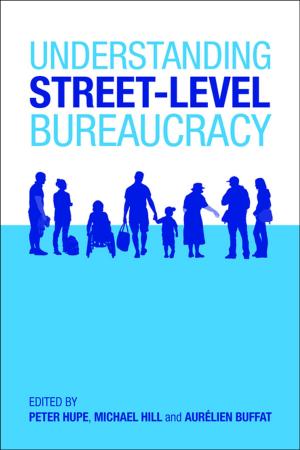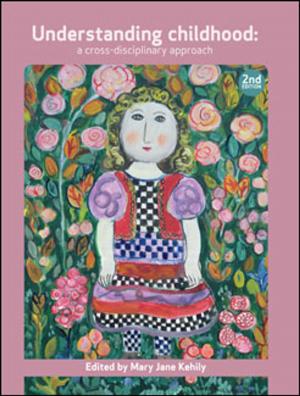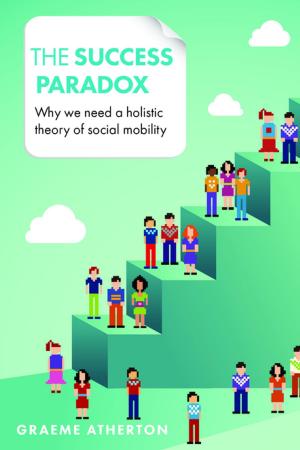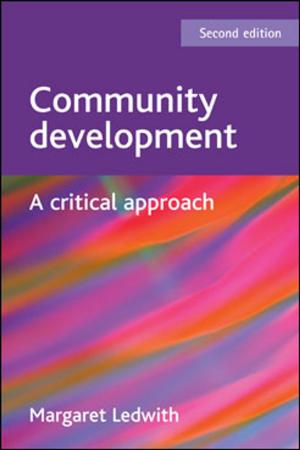| Author: | ISBN: | 9781447309253 | |
| Publisher: | Policy Press | Publication: | October 16, 2013 |
| Imprint: | Policy Press | Language: | English |
| Author: | |
| ISBN: | 9781447309253 |
| Publisher: | Policy Press |
| Publication: | October 16, 2013 |
| Imprint: | Policy Press |
| Language: | English |
Children and young people in the early twenty-first century encounter, and creatively adapt to, a range of cultural phenomena in an increasingly mediated, commercialised and globalised world. Children and young people's cultural worlds offers a critical introduction to childhood in the digital age. Childhood innocence is a concept that often underpins the way adults think about children and new technologies. The book challenges adult concerns, highlighting instead the diversity of children's experiences and relationships with each other. Children's everyday activities are explored, in an attempt to understand the distinctiveness of their cultural worlds. The book also considers matters of difference on children's lives; the consequences of age and the experience of living in different cultural contexts. This is the second in a series of four books, written by experts in the field, which provides an introduction to childhood degree programmes and related modules. The series features international case studies, examples and readings to supplement the chapters, and is illustrated in full colour. Other books in the series are: · Understanding childhood: a cross-disciplinary approach · Childhoods in context · Local childhoods, global issues
Children and young people in the early twenty-first century encounter, and creatively adapt to, a range of cultural phenomena in an increasingly mediated, commercialised and globalised world. Children and young people's cultural worlds offers a critical introduction to childhood in the digital age. Childhood innocence is a concept that often underpins the way adults think about children and new technologies. The book challenges adult concerns, highlighting instead the diversity of children's experiences and relationships with each other. Children's everyday activities are explored, in an attempt to understand the distinctiveness of their cultural worlds. The book also considers matters of difference on children's lives; the consequences of age and the experience of living in different cultural contexts. This is the second in a series of four books, written by experts in the field, which provides an introduction to childhood degree programmes and related modules. The series features international case studies, examples and readings to supplement the chapters, and is illustrated in full colour. Other books in the series are: · Understanding childhood: a cross-disciplinary approach · Childhoods in context · Local childhoods, global issues















